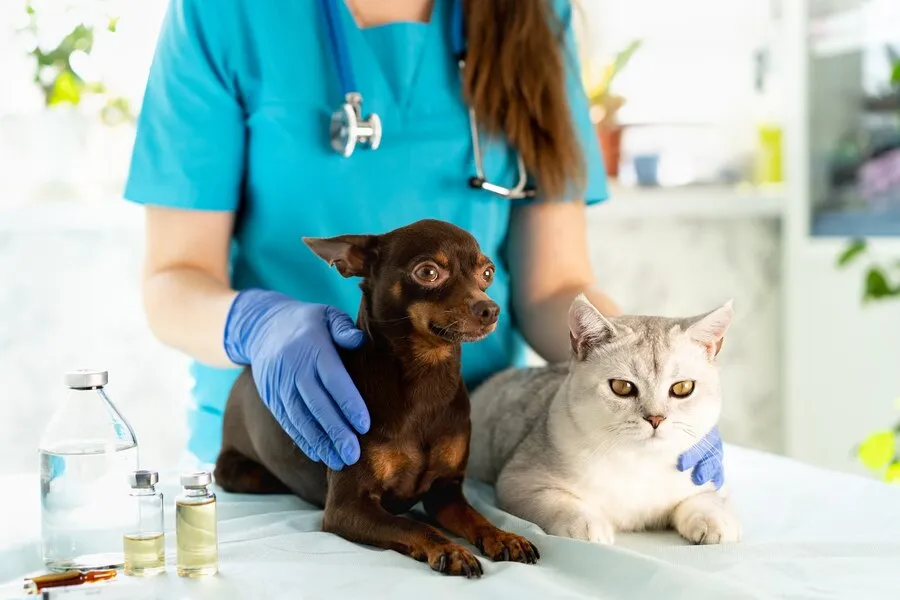Key Takeaways:
- Insights into how traditional and modern veterinary practices complement each other.
- Understanding the role of integrative medicine in enhancing pet healthcare.
- Exploring the various benefits of a multi-faceted approach to animal wellness.
The Integration of Holistic Approaches in Veterinary Care
Veterinary professionals increasingly adopt integrative approaches that combine traditional and contemporary medical practices to maintain ongoing pet wellness. Holistic care vets are valuable resources for this approach. Fairfax, VA, has vets who specialize in this kind of care. Integrative care is a new standard in veterinary medicine. It combines acupuncture, chiropractic adjustments, and nutritional guidance with conventional medicine to address a pet’s overall well-being.
Balancing Science and Tradition for Optimal Health
Vets in Fairfax, VA, use modern medical advancements and traditional holistic practices to provide comprehensive pet care. Integrating modern diagnostic tools and treatments with traditional therapies like acupuncture and herbal medicine can address health issues from multiple angles. This holistic approach treats symptoms and addresses the underlying causes, promoting long-term wellness for pets.
How Complementary Therapies Enhance Conventional Treatment
Complementary modalities enhance outcomes and provide additional options for managing chronic conditions or recovery from illnesses. For example, therapeutic massage and nutrition-focused interventions can improve circulation and bolster a pet’s immune system. Integrative medicine focuses on a long-term wellness plan, including dietary advice, environmental modifications, and stress reduction techniques, for a superior standard of care.
Data-Driven Decisions in Integrative Veterinary Medicine
The integration of veterinary practices relies on data and research. Recent scientific studies support the effectiveness of integrative treatments, expanding the possibilities for care. Integrative medicine aligns with rigorous medical standards and provides a dynamic framework that evolves with discoveries, ensuring pets receive advanced and effective care.
The Role of the Owner in a Pet’s Holistic Care Plan
Pet owners are critical in the success of veterinary treatment. They can observe their pets and note subtle changes, contributing valuable insights to tailor care strategies. When informed, they become active participants in their pets’ health. Education is crucial in integrative veterinary medicine to empower pet owners to make informed choices that align with their vet’s recommendations, impacting the health and longevity of their pets.
Case Studies: Real-Life Examples of Integrative Success
Integrative veterinary care case studies show how it can help pets with various ailments. For instance, dogs with allergies benefit from combining conventional and alternative treatments. Cats with chronic kidney disease can live better with medication, fluid therapy, and dietary management. These examples underline the importance of comprehensive treatment plans that support the animal’s overall health, not just treat symptoms.
Challenges and Opportunities in Integrative Practices
Integrative veterinary medicine faces challenges in acceptance and understanding. Research and education are increasing knowledge and receptiveness. Integrative practices reflect a societal shift towards holistic health. As demand increases, more integrative options are likely to become available. This merging of holistic wisdom with modern science benefits pets globally.
Future Trends in Veterinary Medicine
Veterinary medicine is advancing with personalized healthcare and technology. Integrating technology into daily veterinary practice is becoming a reality, leading to proactive interventions. The future of animal care involves individualized health plans informed by real-time data, genetic analysis, and AI predictions. Integrative veterinary medicine is essential for all veterinary care, promising unprecedented pet health and vitality.




